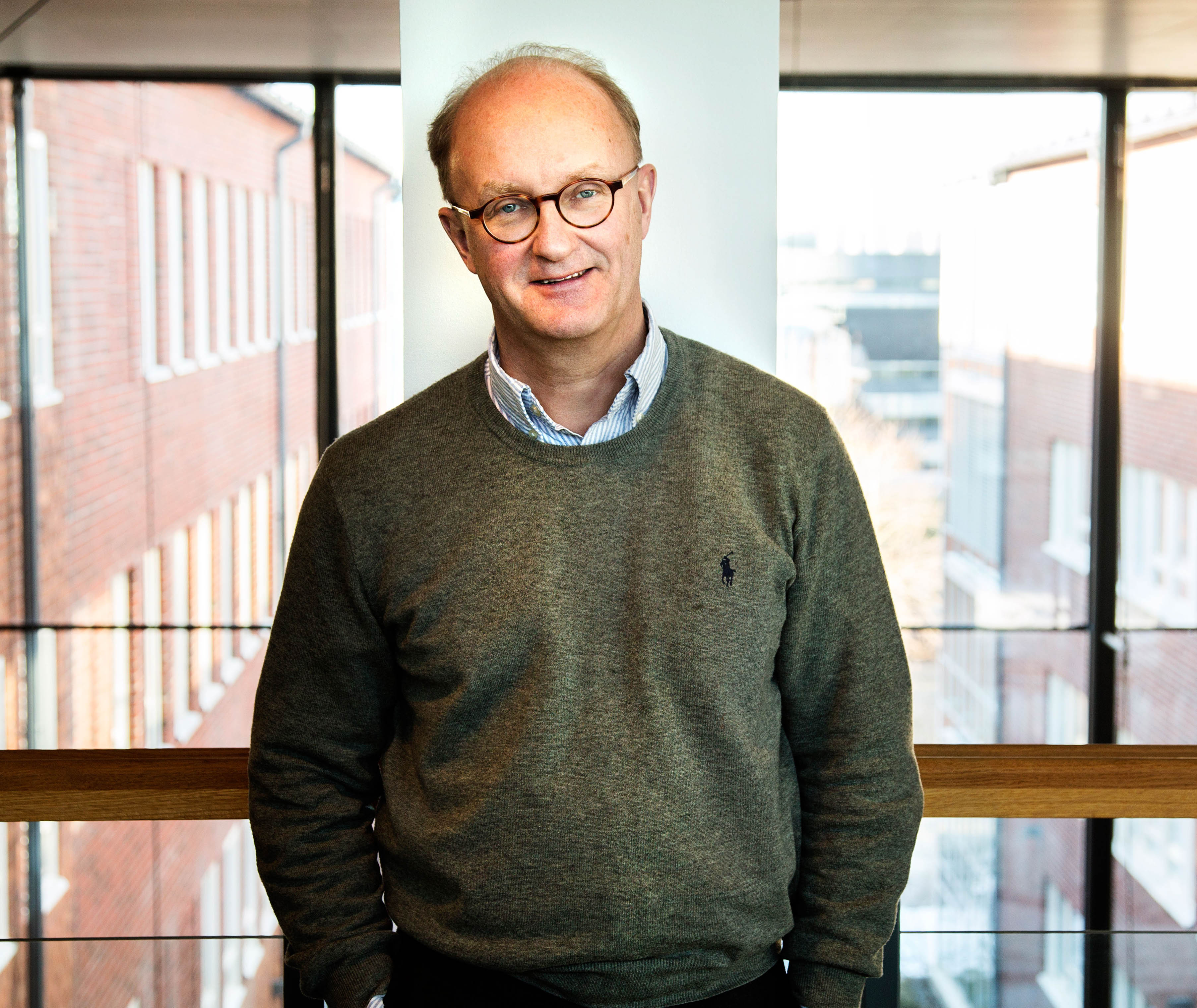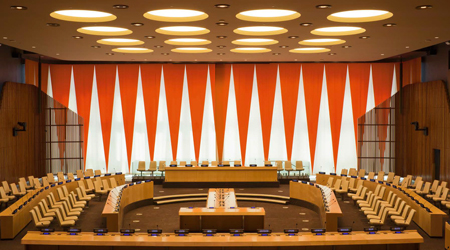Swedish News:
Higher cancer risk for denser breast tissue. Anna Edholm’s “Dialogos” at the UN. Swedish dentist: “We must trust our bodies.”
-
 Professor Per Hall at the Karolinska Institute has led a study that shows that women with dense breasts more often have cancer recurrences. Photo: Gustav Mårtensson
Professor Per Hall at the Karolinska Institute has led a study that shows that women with dense breasts more often have cancer recurrences. Photo: Gustav Mårtensson -
-
Higher cancer risk for denser breast tissue
Scientists have discovered a new way to predict which women run a higher risk for recurring breast cancer. A study shows that women with dense breast tissue more often have cancer recurrences than women whose breast density has decreased after treatment. The study was led by professor Per Hall at the Karolinska Institute in Solna, and included 1000 postmenopausal women who had also been treated for hormone related breast cancer, according to Ekot on Swedish Radio. The women were followed during 15 years, and half of them had been treated with the anti-hormone Tamoxifen, a medicine that decreases the density of the breast tissue and is used to treat tumors. The study also shows that women whose breast tissue was still dense after medication were twice as likely to relapse in cancer. That dense breast tissue is a risk factor is already known, but in spite of that knowledge no control of density is being made at mammography screenings. However the result of this study may lead to preventative treatments. Says Per Hall to Ekot: “I think it will. For women with a very high risk for breast cancer, we may start treating them as a preventative measure, as we do against heart attacks and strokes.” -
 Swedish artist Ann Edholm’s curtain “Dialogos” was installed as the Economic and Social Council Chamber at the UN reopened after renovations. Image: The UN.
Swedish artist Ann Edholm’s curtain “Dialogos” was installed as the Economic and Social Council Chamber at the UN reopened after renovations. Image: The UN. -
-
Anna Edholm’s “Dialogos” at the UN
On the occasion of the reopening of the renovated United Nation’s Economic and Social Council Chamber on April 22, Swedish artist Ann Edholm’s new curtain “Dialogos” was installed. The work is abstract in its pattern and consists of wedge-shaped red, orange and white structures. The Economic and Social Council Chamber itself was designed by Swedish architect Sven Markelius (1889-1972) in the 1950s, and parts of the decorations were gifts from Sweden to the UN as well. -
 Easy on those pills! Swedish dentist Achilleas Kitsoulis says we should trust our bodies to heal themselves and not overuse antibiotics. Photo: Ragesoss/Wikimedia Commons
Easy on those pills! Swedish dentist Achilleas Kitsoulis says we should trust our bodies to heal themselves and not overuse antibiotics. Photo: Ragesoss/Wikimedia Commons -
Dentist: “We must trust our bodies”
To be restrictive with antibiotics is natural for Stockholm dentist Achilleas Kitsoulis. He is surprised so few Swedes are unaware of the risks involved with antibiotics, that too many prescriptions may lead to bacteria becoming resistant. “I didn’t know that Stockholm dentists’ prescriptions was as high as it is. We have guidelines to follow, but perhaps it’s all about lack of time. When it comes to an emergency patient with pain, dentists are perhaps not sure whether antibiotics ought to be prescribed. When there’s not enough time, maybe the easy way out is to write a prescription,” says Kitsoulis, who works in the public dental service on Stockholm’s Södermalm. Some patients also ask for antibiotics—sometimes because they are going on a trip abroad and want to have the medication just in case and not to feel any pain during their vacation. “That’s when you as a dentist have to tell them that antibiotics isn’t the best solution. When a person’s in pain and wants to get rid of it and believe antibiotics are needed; I explain that the treatment I’ve done makes the pain go away, but that it may take a few days. But I suppose people want a quick fix.” Kitsoulis has worked as a dentist since 2004, and has seen how the view of antibiotic use has tightened. “I can imagine that there are colleagues out there who base their work on knowledge that was applicable 10 or 15 years ago, and are thus not following the restrictive guidelines used now.” But Kitsoulis has also reacted to the widespread ignorance of overuse of antibiotics as a private person. “People don’t seem to know the high risks associated with resistant bacteria. I myself only use antibiotics when I really need them, last time was a couple of years ago. I am aware that science says those who use this medication too often run a higher risk of resistant bacteria.” He also cautions us to be prudent with antibiotics when it comes to small children. “It’s almost as if parents think the only thing that will help is antibiotics, but you have to trust that the body itself can deal with infections. Perhaps more information in schools is needed.” -
-
